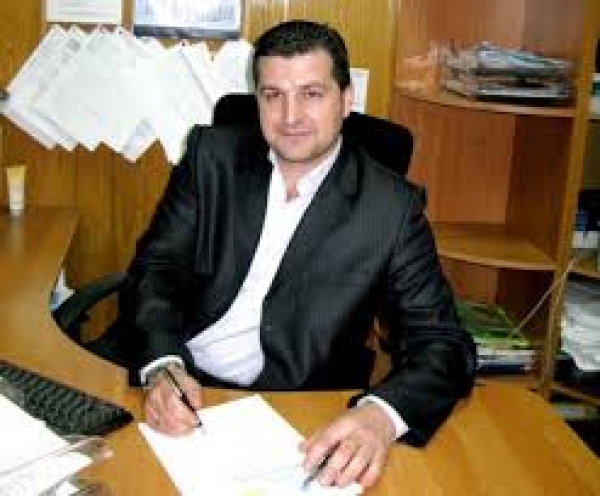The United Nations Subcommittee on Prevention of Torture has completed its first visit to Sri Lanka from 2 to 12 April where it examined the treatment of people deprived of their liberty and the safeguards in place for their protection against torture and ill-treatment.
“We have received good cooperation during the visit, having access to all places of detention, getting all relevant information and performing confidential interviews. We look positively on Sri Lanka’s prospective development of a national preventive mechanism, as required under the Optional Protocol to the Convention against Torture,” said Victor Zaharia, who led the four-member delegation.
“Our work is guided by the principles of confidentiality, impartiality, non-selectivity, universality and objectivity,” Zaharia underscored.
The delegation visited police stations, prisons, remand prisons, military camps, rehabilitation centres, mental health institution, a rehabilitation centre for children, and held meetings with the Government representatives, Sri Lanka’s Human Rights Commission and civil society representatives. The Optional Protocol, which Sri Lanka ratified in 2017, says that no authority or official shall order, apply, permit or tolerate any sanction against any person or organization for having communicated to the Subcommittee or to its delegates any information, whether true or false, and no such person or organization shall be otherwise prejudiced in any way.
The Subcommittee carries out its work within the framework of the Charter of the United Nations and is guided by the purposes and principles thereof, as well as the norms of the United Nations concerning the treatment of people deprived of their liberty.
The Subcommittee’s next step will be to submit its confidential report to the Government of Sri Lanka, containing its observations and recommendations arising from the visit. The Subcommittee on Prevention of Torture encourages the State parties to make its reports public.
The delegation was composed of Victor Zaharia, Head of Delegation (Republic of Moldova), Satyabhooshun Gupt Domah (Mauritius), Petros Michaelides (Cyprus), and June Lopez (Philippines).










